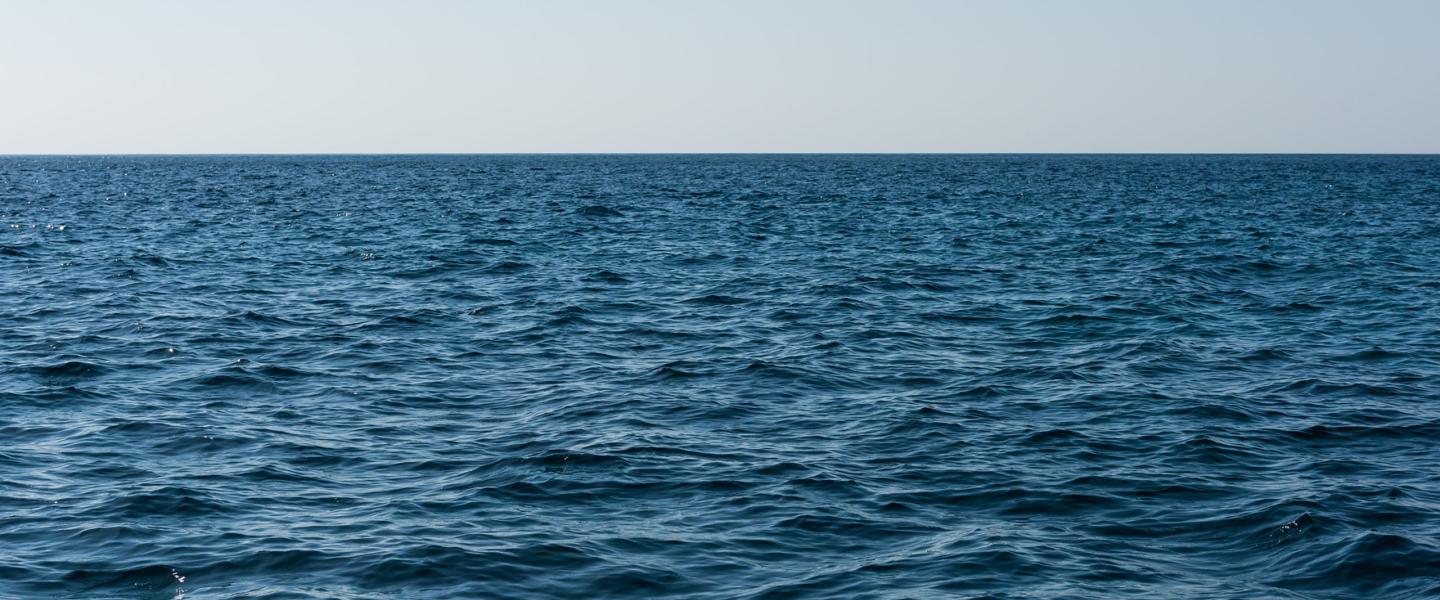Human Rights at Sea is pleased to announce the release of a short introductory video produced to explain the background behind the forthcoming ‘Missing Seafarers & Fishers Reporting Programme’ as the flagship HRAS programme for missing seafarers and fishermen globally.
https://youtu.be/UTaSzUA3pbc
Outline Briefing
Introduction
The ‘Missing Seafarers & Fishers Reporting Programme’ is the flagship programme brought to the international and maritime communities by the Human Rights at Sea (“HRAS”) organisation, first conceived as of 12 September 2014 by its Founder.
It aims to primarily support seafarers and their families on a global basis through the on-line registration of seafarers and fishermen missing at sea via an independent international platform. That platform will be known as the ‘Missing Seafarers Register’ (“the Register”).
The Register, as it evolves, will become an international multi-lingual on-line platform for registering, tracking, updating, profiling and raising awareness of missing seafarers and fishermen on a global basis. It will be aimed at being used by multiple stakeholders, including but not limited to family members, employers of missing seafarers, NGOs, flag States, insurers, individual Governments and the UN (under the auspices of the IMO) for their awareness and where applicable, their intervention and investigation. It is a work-in-progress.
Need
Since its launch, HRAS has been variously approached by international NGOs, welfare organisations, networks of international lawyers and human rights civil society activists highlighting the issue of seafarers and fishermen lost at sea.
At the time of writing, HRAS has several cases of missing seafarers on its books accompanied by requests for support and investigations by their families and/or representatives. These cases are currently being investigated by HRAS, while the true global scale of the issue remains unknown. The Register will therefore seek to quantify and qualify the issue.
In co-ordination with the likes of the Apostleship of the Sea, the Mission to Seafarers, Seafarers UK, the UK Fishermen’s Mission, the Maritime Piracy Humanitarian Response Programme, and IMB, HRAS has conducted investigations into the need and viability of such a Register, with consistently positive indications that one is required.
Aim
The aim of the Missing Seafarers & Fishers Reporting Programme through the use of the Missing Seafarers Register, is to build an accurate international database of seafarers and fishermen missing at sea on a global basis.
Additionally, where requested and where privately funded, HRAS will seek to assist in the gathering of evidence and conduct investigations into the disappearance and suspected murder of seafarers through its partnership with Globus Maritime Investigation Service.
The Programme will also support ongoing international awareness of the broader matter of seafarers’ welfare and the issues they face such as the withholding of wages, confiscation of identification documents, inhumane working conditions and other human rights abuses. This will be undertaken in concert with existing seafarers organisations and programmes.
Access & Availability
The Missing Seafarers Register will take the form of an independent on-line platform. It will be made available via www.missingseafarers.org and www.missingseaman.org. It will also be accessible from the HRAS website once officially launched in January 2015.
Users
It is envisaged that the users of the Missing Seafarers Register will be:
1) Family members – to register a missing family member.
2) Colleagues of missing seafarers – to register and update the status of missing seafarers.
3) Employers – awareness, profiling and support to families – development of tracking policies and assurance for seafarers’ welfare.
4) Insurers – to review, update and utilize information in support of payments to missing seafarers’ estates where appropriate.
5) National constabulary entities – for conducting investigations, as appropriate.
6) International investigative organisations – for conducting investigations, as appropriate.
7) Flag States – for conducting investigations as appropriate and for evaluative statistical purposes.
8) Port State authorities – for awareness, profiling and monitoring of seafarers within port State control.
9) Governments – for general awareness, profile of seafarers’ issues, factual statistics and support to seafarers’ welfare entities.
10) NGOs and Civil Society organisations – for general awareness, profiling of seafarers’ issues, factual statistics and support to seafarers’ welfare entities.
11) HRAS – as part of the growing suite of professional services and international projects run in support of the HRAS Aim and Objectives.
For further information, contact: enquiries@humanrightsatsea.org
